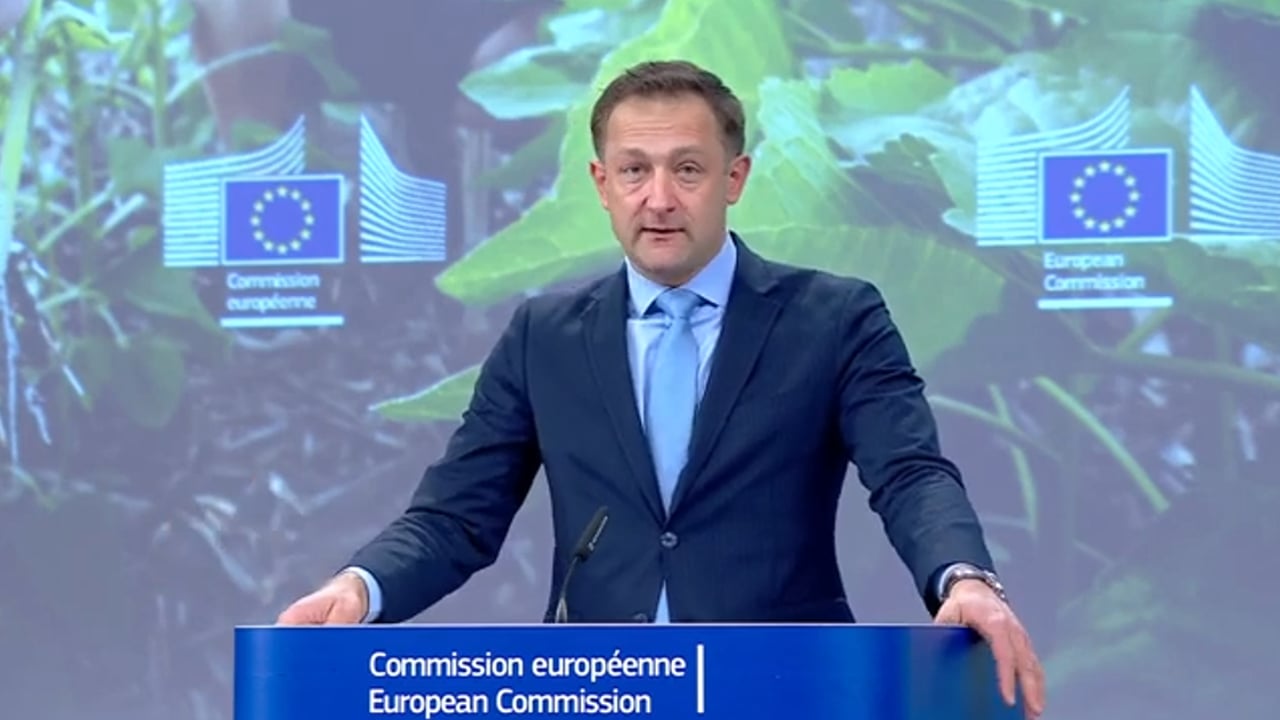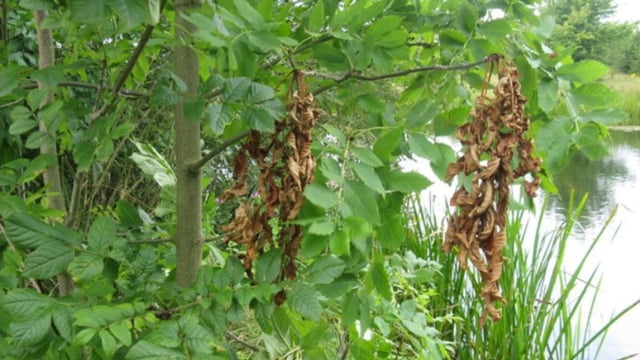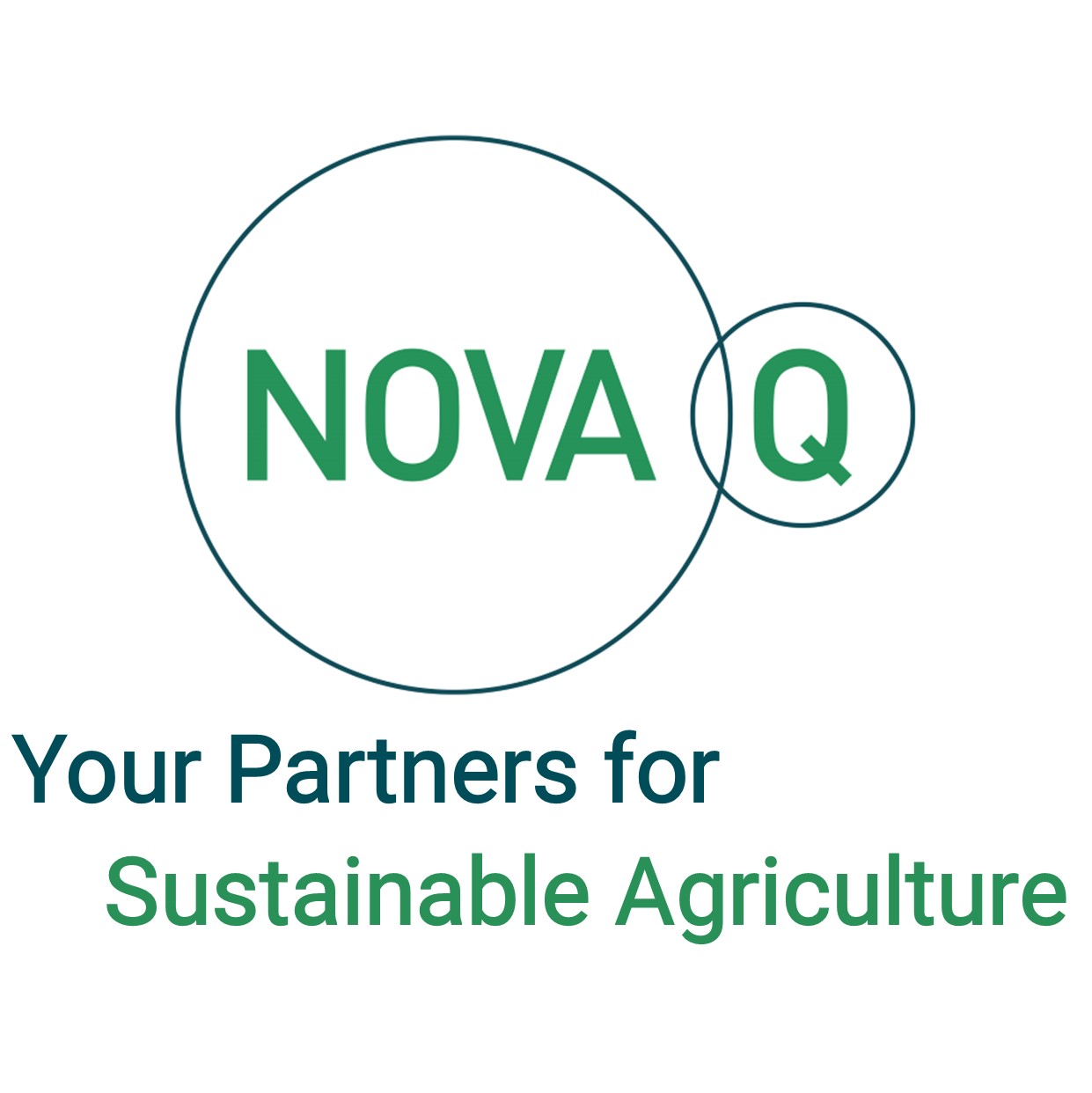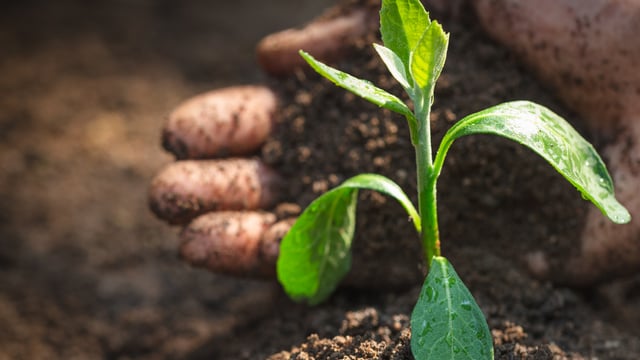Hansen defends proposed €300 billion budget for next CAP
EU Commissioner for Agriculture Christophe Hansen has defended a proposed budget of €300 billion for the next Common Agricultural Policy (CAP) despite sharp criticism from MEPs.
The European Commission today (Wednesday, July 16) presented its proposal for the next EU long-term budget for 2028-2034 amounting to almost €2 trillion.
€300 billion of that total will be ringfenced in a single fund to support farmers and fishermen, including environmental measures, on-farm investments, support to young farmers, and risk management tools.
Commissioner Hansen addressed members of the European Parliament's Committee on Agriculture and Rural Development this afternoon on the CAP proposals.
He said the traditional two-pillar structure would be replaced with "one policy and one set of measures" which would result in "no more limitations in transfers between the pillars and no more overlaps to different financing conditions".
Hansen said the CAP will continue to provide area-based payments, coupled income support, investments, support to small and young farmers, and incentives for agri-environmental measures.
The commissioner told MEPs the proposal "is a good outcome for agriculture and for our farmers".
"This ringfenced budget represents 80% of the current budget and the ringfenced budget means that it is protected only for the purpose of income support for the farmers and cannot be subject to flexibilities or reforms as it initially has been floated.
"This is very important to ensure stability and predictability for farmers," he said.
"Let me be very clear, the ringfenced amount is a minimum number. Member states will invest their bigger envelope based on their needs and planning in the different policy areas covered by the national and regional plans," he added.
The EU Commission said that new National and Regional Partnership Plans "will support the Common Agricultural Policy, preserving the role of farmers and rural areas at the heart of the next EU budget".
Under the plans, member states will be able to propose relevant key investments, reforms and other tailored interventions funded by the EU.
With a total fund of €865 billion, Commissioner Hansen said the plans give member states "ample opportunities to top up the minimum ring-fenced amount based on their needs".
"Our proposal manages to combine the protection of farmers income payments with the synergies and the simplification the national plan approach has to offer," he said.
Commissioner Hansen faced intense criticism from many MEPs who said that that proposal amounts to a reduction of over 20% when compared to the current CAP budget of €387 billion.
MEP Herbert Dorfmann, the European People's Party (EPP) coordinator for agriculture, said that the proposal amounted to a 25% decrease.
Other MEPs noted that this reduction comes as the proposed overall EU budget would increase to €2 trillion.
Commissioner Hansen said it was not correct to say the commission was cutting money coming directly to farms.
He said that the "€300 billion represents the 80% that are ringfenced" and that "not everything that is in the current agriculture policy is actively coming to the farm".
"I think that is something we need to put in perspective, what is actually coming to the farm, and this money is maintained when you really look into the detail of the figures," he said.
The commissioner outlined a range of proposals for the next CAP, including the current Good Agricultural and Environmental Conditions (GAECs) being replaced by "protective practices" designed by member states "based on their specific needs".
He said farmers will be financially incentivised to do more for the environment, climate, biodiversity and animal welfare.
A new lump sum payment of up to €200,000 is also proposed to "derisk a farm's transition to more sustainability".
The commissioner said the next CAP must address the barriers that deter young people from entering the farming sector. All member states will be required to put a generational renewal strategy in place.
The minimum amount of direct payments for young farmers is proposed to increase from 3% to 6%.
"To enable effective generational renewal we also propose phasing out of income support for farmers who receive national pensions with a sufficient transitional period," he added.
The commissioner also pointed to the health and well-being of farmers with advisory services to raise more awareness around mental health.
"We are, for the first time, recognising the necessity for farmers to balance professional duties and family responsibilities.
"We therefore foresee for the first time that it is possible to provide support for farm relief services facilitating replacements of farmers during, for example, sickness, childbirth or holidays," he said.
The commissioner also noted that the overall EU budget would include a new method to respond to inflation.
"In practical terms, the annual price adjustment will be equal to 2% whenever inflation is between 1% and 3% and the novelty here is that the price adjustment will be corrected for actual inflation forecast rate whenever actually inflation forecast forecast is lower than 1% or higher than 3%," he said.





